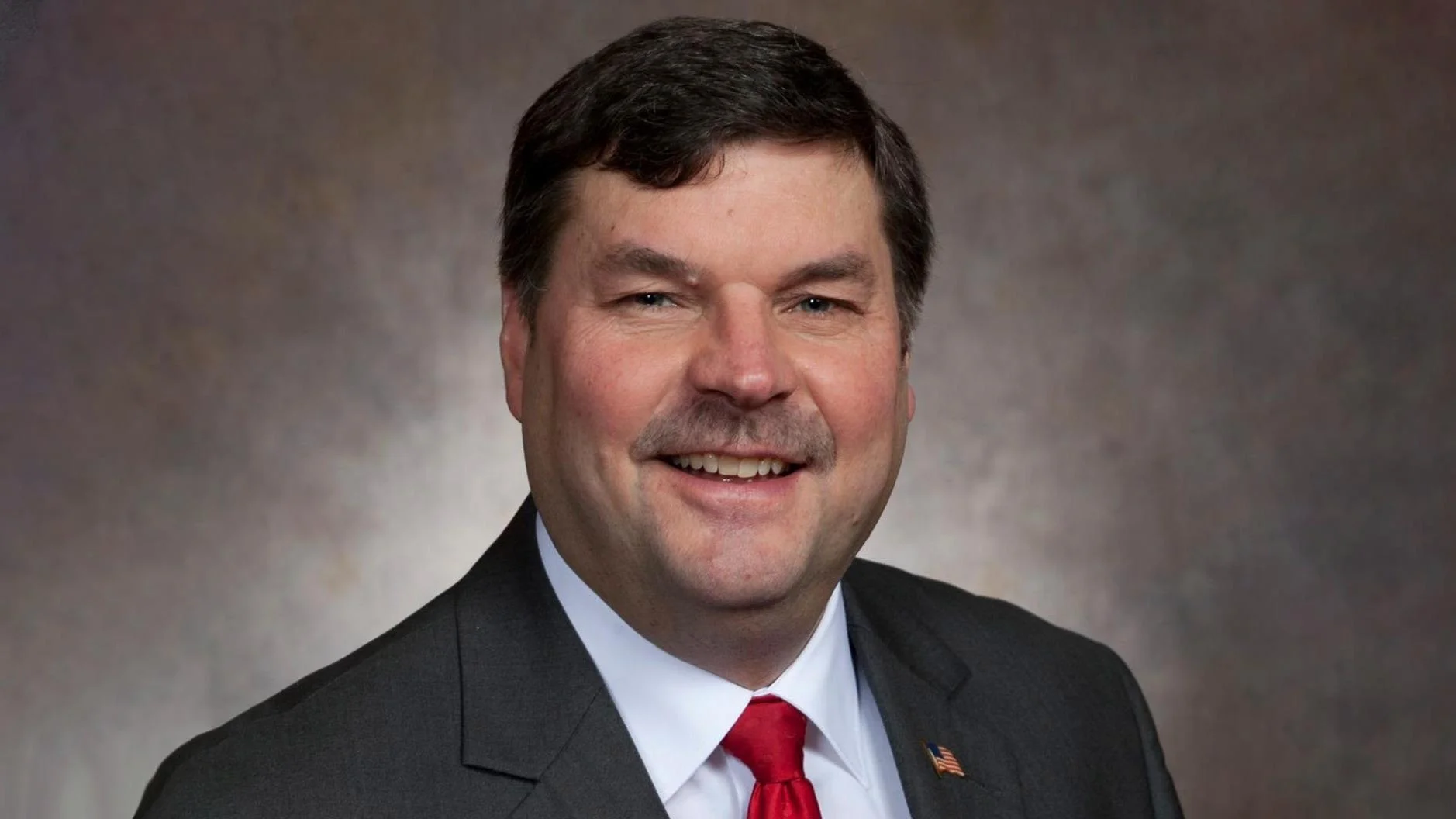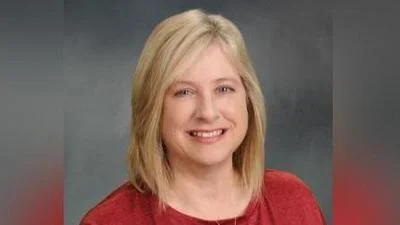Rob Swearingen, Wisconsin State Representative of 34th District | Facebook
Rob Swearingen, Wisconsin State Representative of 34th District | Facebook
According to the Wisconsin State Legislature's official website, the bill was described as follows: "obtaining attorney fees and costs under the state’s public records law when an authority voluntarily or unilaterally releases a contested record after an action has been filed in court".
The following is our breakdown, based on the actual bill text, and may include interpretation to clarify its provisions.
In essence, this bill amends Wisconsin's public records law to set new criteria under which a requester is considered to have prevailed in accessing contested records. Specifically, it supersedes the Wisconsin Supreme Court's 2022 decision in "Friends of Frame Park, U.A. v. City of Waukesha," which limited requester relief to cases resulting in a judicial order. The bill provides that a requester prevails if they obtain records via a court order, enforceable agreement, or if the court finds that the filing of a mandamus action was a substantial factor prompting the authority to voluntarily release the records. This aligns with standards under the federal Freedom of Information Act and becomes effective upon enactment.
The bill was co-authored by Senator Van H. Wanggaard (Republican-21st District), Representative Scott Allen (Republican-82nd District), Representative Clinton M. Anderson (Democrat-45th District), Representative David Armstrong (Republican-67th District), and Representative Elijah R. Behnke (Republican-6th District). It was co-sponsored by Senator Dan Feyen (Republican-20th District), Senator Chris Kapenga (Republican-33rd District), and Senator Steve L. Nass (Republican-11th District), along with 22 other co-sponsors.
Rob Swearingen has authored or co-authored another six bills since the beginning of the 2025 session, with none of them being enacted.
Swearingen, a Republican, was elected to the Wisconsin State Assembly in 2013 to represent the state's 34th Assembly district, replacing previous state representative Dan Meyer.
In Wisconsin, the legislative process starts when a senator, constituent, group, or agency proposes an idea for a bill. After drafting, the bill is introduced, numbered, and referred to a committee for review and public input. If approved, it moves through three readings and votes in both the Senate and Assembly. Once both chambers pass the same version, the bill goes to the governor, who can sign it, veto it, or let it become law without a signature. Only a small share of bills introduced each session ultimately become law. You can learn more about the Wisconsin legislative process here.
| Bill Number | Date Introduced | Short Description |
|---|---|---|
| AB190 | 04/15/2025 | Obtaining attorney fees and costs under the state’s public records law when an authority voluntarily or unilaterally releases a contested record after an action has been filed in court |
| AB131 | 03/13/2025 | Programs and requirements to address PFAS |
| AB130 | 03/13/2025 | Exempting certain persons from PFAS enforcement actions under the spills law. (FE) |


 Alerts Sign-up
Alerts Sign-up